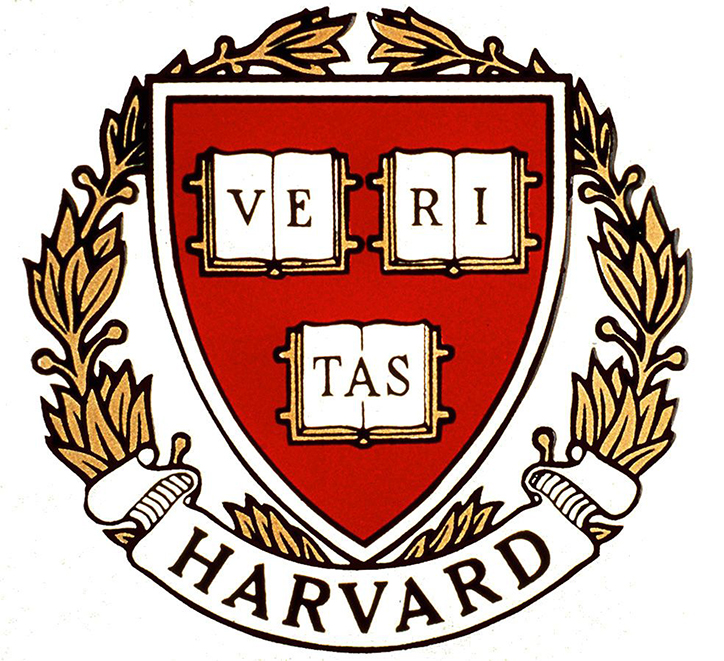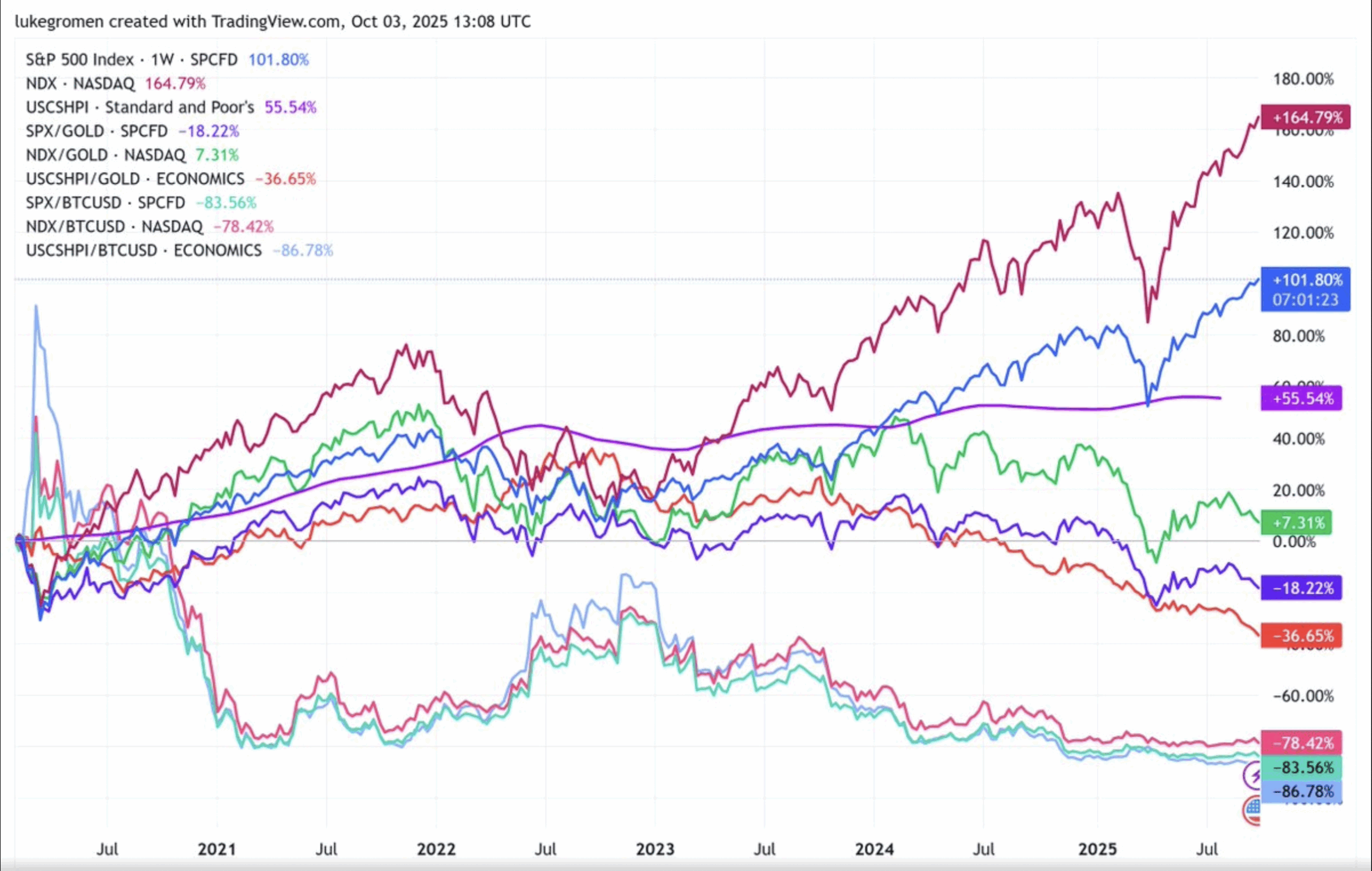By: The Editorial Board – wsj.com – April 22, 2025
Trump might lose this legal fight, and there are better ways to reduce subsidies to schools.
When President Trump targets an institution, he escalates if he meets resistance. So it goes for Harvard University, which dared to oppose his policy demands in return for federal funds and now could lose its tax exemption. But this may not be as easy as the President thinks.
This month the Administration froze $2.2 billion in grants after Harvard refused to be placed into de facto federal receivership. Harvard this week sued in response, and on our reading of the suit it has a strong case on First Amendment and due process grounds. The Administration’s demands overreached by going after curriculum, faculty and admissions.
But Mr. Trump has also opened a second front by threatening Harvard’s tax-exempt status on Truth Social: “Remember, Tax Exempt Status is totally contingent on acting in the PUBLIC INTEREST!”
If the Internal Revenue Service follows through, it will get a legal fight. Section 501(c)(3) of the tax code says “[c]orporations . . . organized and operated exclusively for religious, charitable . . . or educational purposes” are entitled to tax exemption as long as they are operated on a nonprofit basis and don’t participate in political campaigns.
The IRS in 1970 adopted a policy of barring tax-exempt status for private schools engaging in racial discrimination. In 1983 the Supreme Court upheld the IRS’s rescission of Bob Jones University’s tax-exempt status on the rationale that “an institution seeking tax-exempt status must serve a public purpose and not be contrary to established public policy.”
That precedent prevails today. But as Justice William Rehnquist wrote in a lone but notable dissent, the High Court created this rule out of whole cloth. It’s nowhere in the law. “Regardless of our view on the propriety of Congress’ failure to legislate, we are not constitutionally empowered to act for it,” he wrote.
He cited Members of Congress who expressed alarm at the IRS’s usurpation. “Nobody argues that racial discrimination should receive preferred tax status in the United States,” Chuck Grassley, then a House Member, said in 1979. “However, the IRS should not be making these decisions on the agency’s own discretion. Congress should make these decisions.”
This is a powerful argument, and today’s very different Court might well agree with it. The Bob Jones University (1983) ruling runs counter to the Court’s major questions doctrine, which requires Congress to authorize significant executive actions. In Loper Bright (2024), the Court held that judges should not defer to agency interpretations of laws, as Justices did in Bob Jones.
Some conservatives are cheering on Mr. Trump, but they might not like it when President Ocasio-Cortez is in charge. They were rightly indignant when the IRS under President Obama was found to have targeted the tax exemptions of right-leaning 501(c)(4) nonprofits, including pro-Israel groups. The Court’s reasoning in Bob Jones University would allow the President to revoke a charity’s or university’s tax exemption for political reasons. A Democratic President could declare a think tank that opposes its climate or transgender bathroom rules to be acting contrary to “established public policy.”
There are better ways to reduce taxpayer money for schools and give them an incentive to reform. Mr. Trump could work with Congress to codify his order to limit the share of federal research grants that universities can spend on overhead to 15% since this money is fungible and thus supports politicized liberal arts departments.
Eliminating the tax exemption for tuition waivers paid to graduate students in return for teaching—and radicalizing—undergrads would force colleges to shrink or eliminate politicized departments. Ditto eliminating or at least capping federal student loans for graduate programs, which have become cash cows for universities. Killing the student loan forgiveness program for graduates who work in government is another opportunity.
Republicans could also scrap a dispensation that lets universities issue tax-exempt municipal bonds that lower their borrowing costs. Harvard has $5.8 billion in tax-exempt debt, including $434 million it floated this year at an average 2.9% yield. Why should Harvard be allowed to borrow more cheaply than the U.S. government and your local church?
Republicans could pass such reforms through budget reconciliation this year. That makes more sense than a multiyear legal fight Mr. Trump might well lose.
To see this article in its entirety and to subscribe to others like it, please choose to read more.
 Listen Online
Listen Online Watch Online
Watch Online Find a Station in Your Area
Find a Station in Your Area









 Listen Now
Listen Now Watch Online
Watch Online
